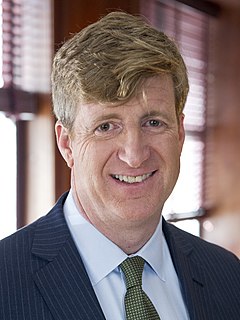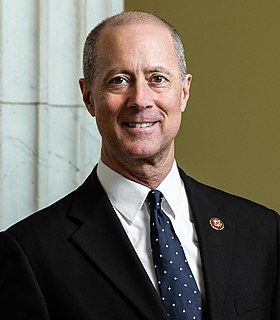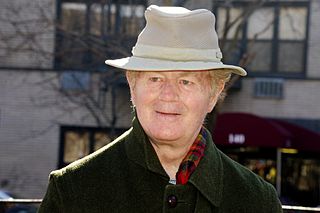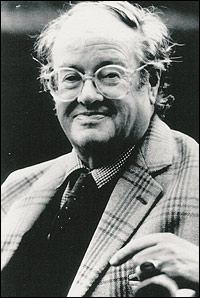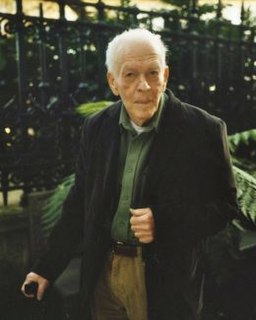A Quote by Patrick J. Kennedy
The key battleground in the war on terrorism, therefore, is in the minds of the American public.
Related Quotes
American imperialism has suffered a stunning defeat in Indochina. But the same forces are engaged In another war against a much less resilient enemy, the American people. Here, the prospects for success are much greater. The battleground is ideological, not military. At stake are the lessons to be drawn from the American war in Indochina; the outcome will determine the course and character of new imperial ventures.
No one made a decision to militarize the police in America. The change has come slowly, the result of a generation of politicians and public officials fanning and exploiting public fears by declaring war on abstractions like crime, drug use, and terrorism. The resulting policies have made those war metaphors increasingly real.
We are organising our enemies into a formidable force, we are The US public has turned against the war, the Republicans and Democrats have turned against the war. And so when the American public turns against the war and the Congress turns against the war, it suggests that Americans feel we cannot win that war in those conditions. So the Iraqi Commission says, "Well, we can't win this war militarily, we need to reassess potential allies." There's Syria, there's Iran.
The catch-all phrase "the war on terrorism", in all honesty, has no more meaning than if one wants to wage a war against "criminal gangsterism". Terrorism is a tactic. You can't have a war against a tactic. It's deliberately vague and non-definable in order to justify and permit perpetual war anywhere and under any circumstance.
It is a key fact about American policy in Vietnam that the withdrawel of American troops was built into it from the start. None of the presidents who waged war in Vietnam contemplated an open-ended campaign; all promised the public that American troops would be able to leave in the not-too-remote future. The promise of withdrawel precluded a policy of occupation of the traditional colonial sort, in which a great power simply imposes its will on a small one indefinitely.
And if you look at all this academic work in the conferences and so on there's a constant theme that terrorism is extremely hard to define and we therefore have to have a deep thinking about it. And the reason it's hard to define is quite simple. It's hard to find a definition that includes what they do to us but excludes what we do to them. That's quite difficult. So it takes a global war on terrorism.
